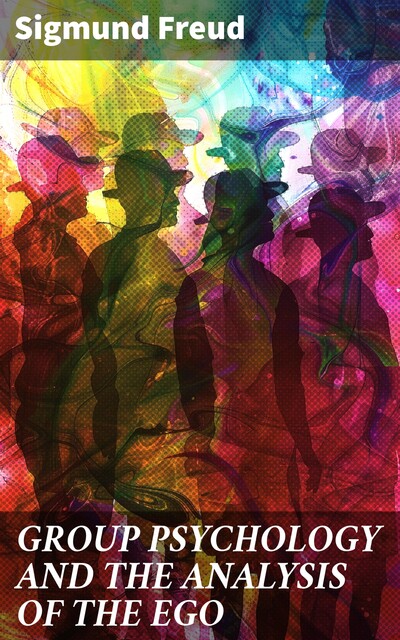In “Group Psychology and the Analysis of the Ego,” Sigmund Freud delves into the dynamics of group behavior and the psychological mechanisms that underpin social influence. Utilizing his signature blend of empirical observation and theoretical deduction, Freud examines how individual psyche interacts with the collective mindset, emphasizing concepts such as identification, the erotic component in group cohesion, and the complexities of the super-ego within social contexts. This seminal work not only extends psychoanalytic theory but also situates it within a broader socio-cultural narrative, reflecting the tumultuous anxieties of the early 20th century, particularly in the wake of World War I and the burgeoning tensions of modernity. Freud, renowned as the father of psychoanalysis, established his theoretical framework through a combination of clinical practice and cultural analysis. His experiences during the unprecedented social shifts of his time contributed significantly to his inquiry into group phenomena. Freud's insights into human behavior and his exploration of the unconscious mind shaped not only psychology but also broader intellectual discourse, positioning him as a pivotal figure in understanding the complexities of human relationships. “Group Psychology and the Analysis of the Ego” is essential reading for anyone intrigued by the interplay between individual and collective identities. Freud's profound observations resonate with contemporary social psychology and provide timeless insights that help us navigate the challenges of modern group dynamics, making this work crucial for students, scholars, and practitioners alike.


